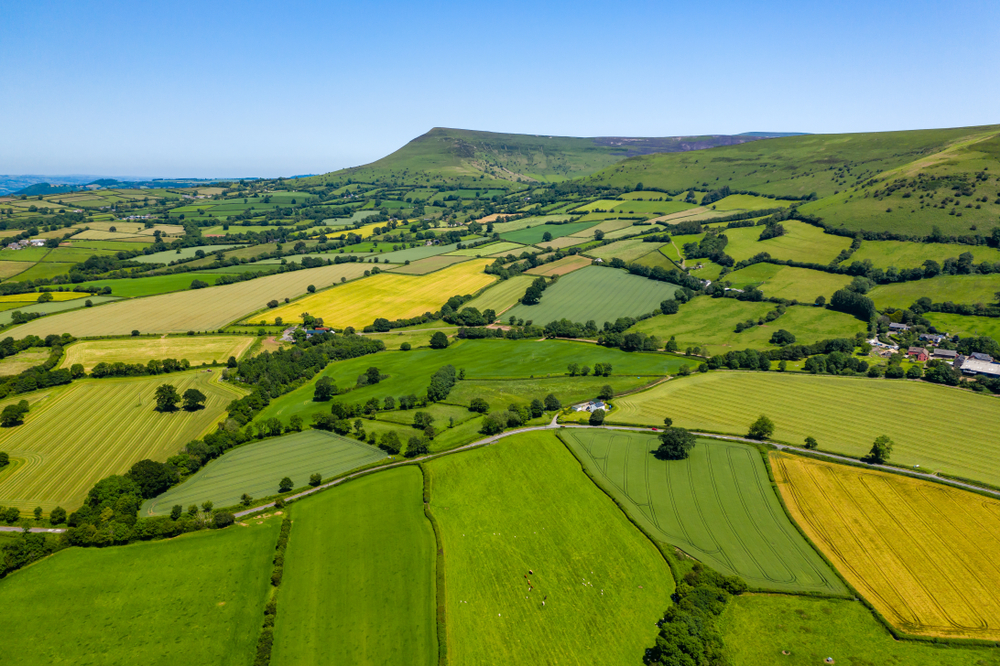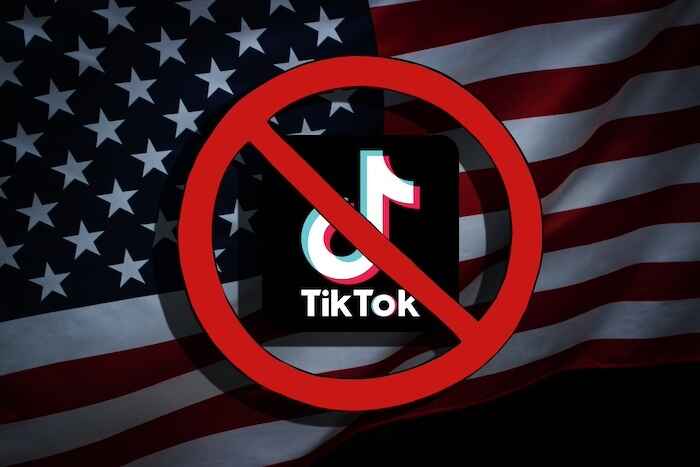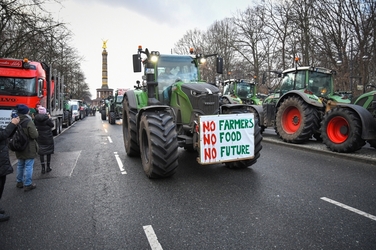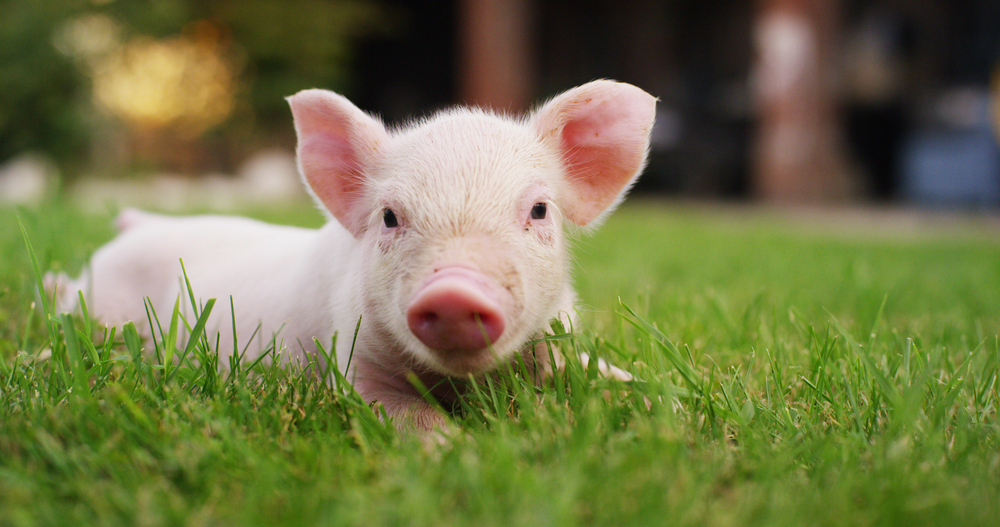Farmland Won’t Pay the Mortgage… but It Will Protect Your Wealth
Joel Salatin|October 27, 2020

“Why are the rental rates of farmland versus its market value so disparate compared with any other rental-versus-ownership ratios?” one of our apprentices asked at supper last week.
I wish I had a nickel for each hour I’ve spent trying to explain that, unlike residential and commercial real estate, farmland rental rates will not pay the mortgage. Many people have become wealthy investing in commercial and residential real estate by having the rent pay the mortgage.
But that doesn’t happen in agriculture.
In our area, going rental rates for farmland run about 0.5% of the land’s value. In other words, farmland worth $7,000 an acre rents for $40 per year.
It would take 175 years for the rent to pay for the property.
As the current urban exodus speeds up, this truth is a popular topic of conversation and consternation.
Offensive vs. Defensive Wealth
Land ownership and farming are two completely separate enterprises.
You never buy farmland in order to generate wealth (unless you plan to trade it in a few years).
You buy farmland because you want to hedge your wealth or secure it. And you want to enjoy the stability that being able to house, feed and clothe yourself brings.
Said another way, land ownership is a defensive position for those who already have wealth.
Managing the land (farming) is an offensive economic position for those who wish to acquire wealth.
The sticky part is knowing how to manage land in order to beat the economic odds of the farming business.
We lease about 12 properties in the area and generally create 10 times the income per acre of average farmers. In business, that’s called an unfair advantage. We know how to do things that the average person doesn’t know how to do. That’s not bragging… It’s simply acknowledging the possibilities with innovation and working smarter rather than harder.
But even though our income per acre is higher, we don’t pay more to lease the land. The market rate is established based on the going assumption that “There ain’t no money in farmin’.”
A $30 Hamburger
That said, the real reason farmland and its products are valued less than office space and residential apartments is due to the real downward pressure of commodity prices.
In 1961, when my parents purchased our current farmland, stocker calves (those just weaned) brought $0.33 a pound at the live animal auction.
Those same calves bring $1.50 a pound today… a fivefold increase over 60 years.
Compare that with a schoolteacher’s salary increase from around $3,000 a year in 1960 to today’s $40,000 a year, a roughly thirteenfold increase.
We could pick almost anything in the consumer product sector, like the $2,000 new car in 1960 that became a $30,000 new car in 2020 (a fifteenfold increase), and see massive value growth.
But the growth seen in other parts of the economy has not occurred in agriculture commodities.
Goodness, if the 1960 feeder calf enjoyed the same fifteenfold increase in 2020 as a car did, it would sell for about $5 a pound and a hamburger would cost $30.
How did this not happen?
We could blame government subsidies, consumer demand for cheap food, or even alleged agriculture efficiencies like mechanization, factory farms and chemical fertilizers. But I think the real reason is that, unlike other things, farming can hide capital losses and expenses.
Today, a bushel of corn still costs us two bushels of soil. Who, where, how or what accounts for that soil loss?
It doesn’t show up on any balance sheet, from the farmer all the way to the consumer. It’s certainly lost wealth, but it’s not measured or recognized anywhere.
What about depleted aquifers from irrigation?
How about subsidence around New Orleans?
Prices don’t reflect lost nutrient potency in vegetables and grains. We’re growing more bushels, but they’re less nutritionally balanced.
Bayer is fighting for its survival with all the cancer suits over glyphosate in the herbicide Roundup. What are all those cancer cases worth? Does their treatment come off our nation’s GDP?
No indeed, they go on as an asset because they require expensive cancer treatment centers and employ medical specialists.
A Skewed Fantasy
We could go on… The external costs of cheap food are profound. Not capturing them in food costs creates this skewed perception of farmland value versus its production value.
Furthermore, the farm can defer many things that other businesses must capture in real-time accounting. Not paying children for labor… Not paying the farmer for labor. Letting the barn fall into disrepair. Driving depreciated machines, even to the point where they are unsafe.
A regular manufacturer has government inspectors crawling all over the place looking for frayed extension cords and questionable equipment. Farmers live in a frayed world making do with junk.
A renter won’t abide a dripping faucet. Farmers make do. It’s this ability of agriculture to kick the can down the road, on multiple fronts, that enables commodities to remain relatively fixed while everything else escalates.
The economy around farm real estate, as a result, is skewed into a fantasy.
In turn, more and more farmland is owned by people who don’t operate it like a business because in most cases business economics don’t work.
The economic pressure on farmers is a direct result of their ability to delay accounting for losses and expenses.
That is why land ownership is a separate business from farming.
And that is why on our farm we operate with mobile infrastructure that can be moved from place to place. We move the animals from place to place. We direct market to customers who love us because of what we do, not because of our location.
These efforts make it possible to get around the land ownership/production value conundrum.
We just need more folks to buy the land and let unorthodox farmers do their management healing.
Do you think farmland is valued fairly when you consider the economic issues Joel has outlined here? Share your thoughts at mailbag@manwardpress.com.





